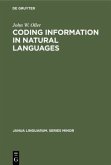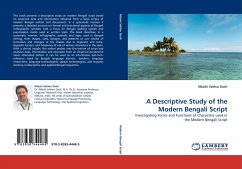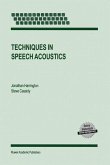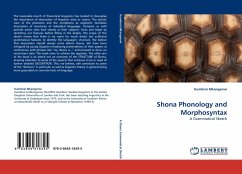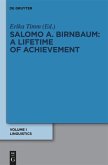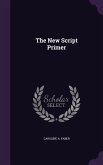The research explores the morphosyntactic variations and scribal practices in the Old Kanembu manuscripts with a focus on identifying and bringing out the codes used by Borno 'Ulama'u in disseminating the exegesis (Tafsir) of the Qur'an in Old Kanembu (henceforth, OKb) and its modern variant into the linguistic spotlight for language documentation. OKb is one of the oldest Saharan languages that has been reduced in writing Ajami script since the early development and expansion of Islam into the Kanem-Bornu Empire between the 12th and the 16th centuries. OKb is the language whose footprint can only be traced to the ancient Qur'anic manuscripts of old Borno. A modern-day variant of OKb, known as Tarjumo, is still in use by the modern-day Borno 'ulama'u' in describing, interpreting, and analyzing written Arabic texts in the Kanuri society and the Kanembu/Kanuri community in the diaspora. OKb is used as the language of the Qur'anic commentary and Tarjumo is the hybrid of OKb, modern Kanembu, and Kanuri used in both oral and written forms. In this work, we examined, identified, and analysed a selected part of the Qur'an chapter 79 Surat- An-Naziat 'Those who pull out''.
Bitte wählen Sie Ihr Anliegen aus.
Rechnungen
Retourenschein anfordern
Bestellstatus
Storno


